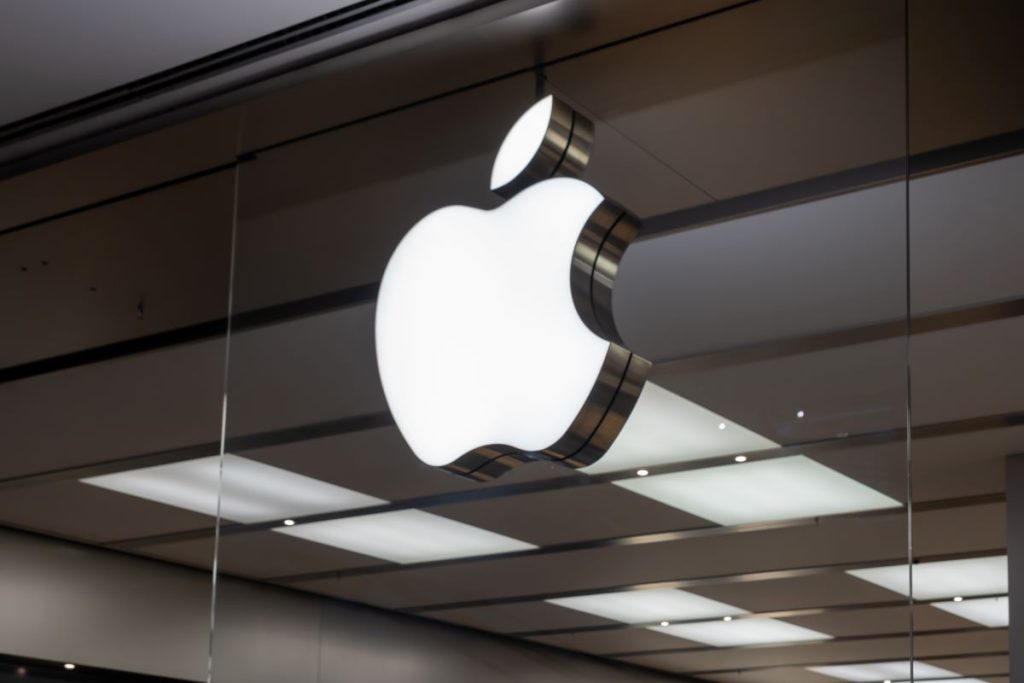
For many years big tech companies were enjoying slightly unrestrictive growth, avoiding strict regulations. The EU antitrust law imposed stricter regulations recently on big tech giants, like Apple and Google because they violated EU antitrust law.
Many reasons come behind avoiding big tech regulation laws and one of the main reasons could be that regulators are broadening their focus , and moving beyond privacy to areas like content moderation and tech companies’ payment activities.
New Era of Accountability
Tech giants have long expected and easy ride from governments and regulatory authorities, and luckily, they always got it. For example, Apple Inc. denied tax loopholes in order to pay zero tax in the European Union in the times it was generating record profits there. The reason behind this special aid comes from Ireland, where it bases its European headquarters.
On the other hand, According to Business Standard, Alphabet Inc.’s Google for years was able to prove its dominance in search and this also goes back to the special treatment Google gave its own shopping service over competitors.
The dream came to a reality point where Google and Apple competition against EU regulators antitrust laws, came to life. Now Google and Apple are getting slapped for taking unfair advantages in the marketplace. Apple is forced by the EU antitrust law to pay $14.4 billion in back taxes to the Irish government, same thing for Google, it is forced to pay a similar amount for rigging its platform.
After this attempt, European Union revealed a stricter side than the one before, with its EU privacy antitrust laws its imposing very strict regulations, bringing down a more efficient legal framework to combat unfair competition that is happening from tech giant’s side. The EU and US antitrust laws are both working to prevent monopolistic behavior, despite the differences, there is a global effort to impose stricter regulations and standards.
The main goal of the EU’s big tech regulation laws is to get rid of the monopolistic tendencies and foster fair competition. The EU’s Digital Markets Act strengthened the enforcement of these rules and regulations to prevent dominant actors in the digital marketing field from undermining competition.
This time does not mark the first time where Apple, Google and other big tech companies face regulatory problems, Eu privacy antitrust laws have been imposed several times due to privacy and content moderation issues. Tech companies have often managed to escape the regulations of EU antitrust laws, and now it has become more challenging than ever, therefore the EU is coming up with stricter laws.
Final Thoughts
When looking back at the challenges that both sides faced, big tech companies went through a lot of challenges because of strict regulatory bodies, aiming to interfere in content moderation, the companies’ payment activities, privacy and competition. All this led some tech giants like Apple and Google to follow the illegal way and work against the EU antitrust law, creating unfair competition for small startups in the marketplace.
However, the imposition of such regulations is crucial for a fair competitive tech field and marks the end of an era where Big Tech companies are acting monopolistic. Eu’s Digital Markets Acts are a huge step towards ensuring fair competition and preventing market abuse.
Inside Telecom provides you with an extensive list of content covering all aspects of the tech industry. Keep an eye on our Tech sections to stay informed and up-to-date with our daily articles.